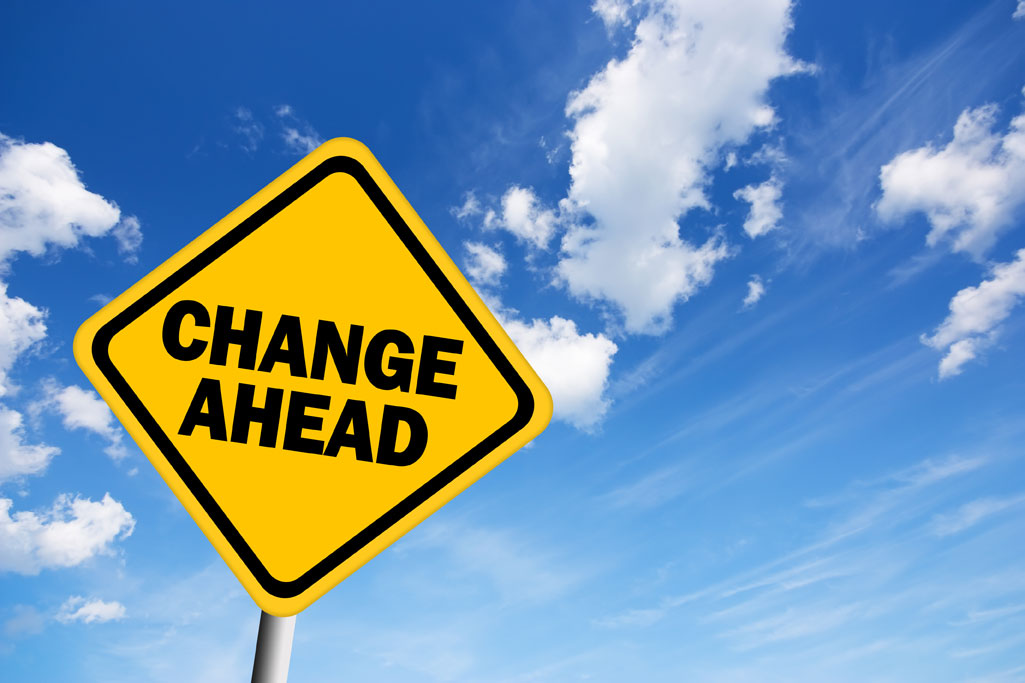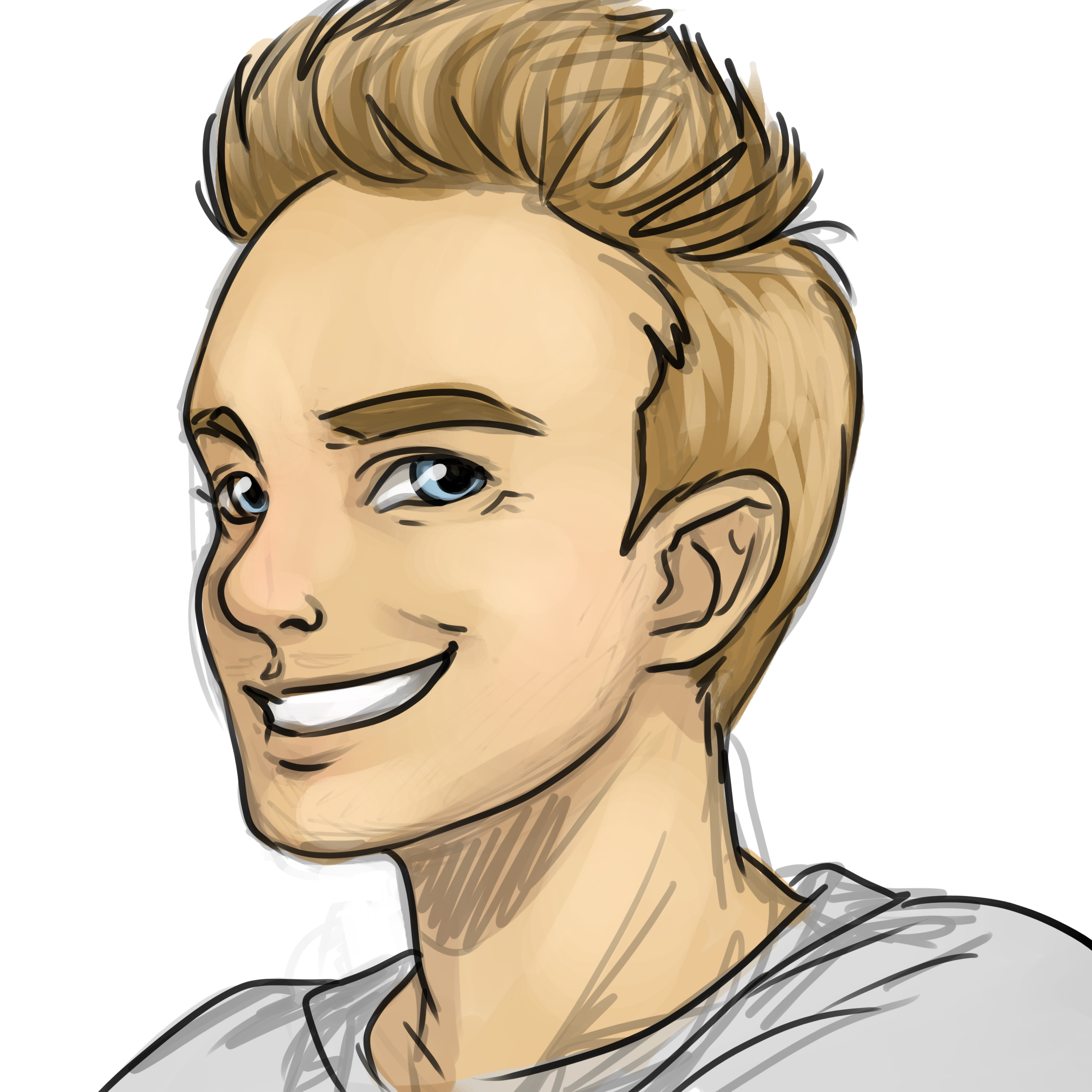Transitioning to Writing Full Time: A Conversation with Emerging Author Alex Fairhill.

Hi everyone. While some people leap into writing early, others make that choice years, sometimes even decades, into other careers. Alex Fairhill is an emerging author who left a journalism career to pursue fiction. Here’s our conversation about starting out as an author later in life.
Ian: Thanks for taking the time to chat about your career transition and how you’ve found things!
Alex: Thanks for asking me.
I: What was your background before you started writing fiction?
A: I worked as a journalist for almost twenty years, starting as a cadet and working through the subediting ranks to deputy editor.
I: That sounds like a massive journey. I imagine you saw a lot of change during that time.
A: Definitely! The internet didn’t exist as a media platform when I started.
I: Did your former career influence your decision to start writing fiction?
A: It was the other way around. I’d always loved writing fiction but was constantly told an author wasn’t a good career option. I majored in journalism and literature at uni, and most of what we studied for lit were classics or written by older writers. Writing fiction didn’t seem like an option for a 20-year- old graduate.
I: I imagine it was hard to see how you could pay the bills whilst writing fiction.
A: Absolutely. Journalists are paid to write, and I thought, somewhat idealistically, I could write stories about topics that mattered. That was before I started off writing real estate editorials.
I: So you stepped right into journalism – what was the moment that you decided to make the switch to fiction?
A: We’d moved to a new town and I was freelancing when we became parents through permanent care – permanent foster care in Victoria – and one of the placement requirements was that I didn’t work for 12 months. We bonded with our son over reading, and I fell in love with kids’ books again. After the year was up we realised our son needed the support of a stay-at- home parent. It was the right time to have a serious crack at what I’d always wanted to do, with the flexibility to be there for our son.
I joined SCBWI and Writers Victoria, started attending meetings and workshops, and enrolled in a Graduate Certificate in Writing and Literature to find out how the industry worked, as it’s different to journalism.
I: It certainly is – what did your friends and family think of the switch after two decades of journalism?
A: My former colleagues weren’t surprised – the media was in full freefall by then and many had already moved into other careers. My husband’s incredibly supportive, and my son’s a brutally honest first reader, which is great. The reactions of other friends and family were mixed – some couldn’t understand why I did it, others wondered why I hadn’t done it sooner! Some probably won’t ‘get it’ until I’m published.
I: Sometimes it’s hard for people to accept anyone as a ‘real’ author without a publishing deal to show for it.
A: For sure. I’m always asked what I’ve had published, but as you say, that’s not unusual for emerging writers. I’ve had people assume I’ve been doing this for 20 years, not three or four, and question why I’m still going if I’m not published. There’s a perception that emerging writers are all young, but it’s about experience, not age. I’m in a program where the ages range from 23 to 60-something. Writing is universal – it can be done by anyone at any age, and despite what I was told at school, age and life experience are not prerequisites to becoming an author – it takes hard work, dedication and a willingness to learn.
I: That’s solid advice. So what were the challenges involved in making the switch?
A: Writing under a pen name’s been challenging because I’m effectively starting from scratch. I’m lucky because I can write full-time – we lived on one income for a year and just kept doing it. But I put a lot of pressure on myself to make the writing happen so I could contribute financially, along with studying what had become a full-time Masters degree. Then I hit health issues and started doubting my abilities and every decision I’d made.
I: It sounds like self-care became really important.
A: It did. I had to slow down because that doubt was paralysing me. Once I stopped putting pressure on myself and stressing over things I couldn’t control I began to enjoy the writing again, too.
I: So what have some successes and missteps been in your transition?
A: One surprising success was my study. It’s not for everyone, but I loved it. By the time I finished my Masters last year I was aiming for a PhD. The degree helped me expand my writing – I started wanting to write picture books, but ended up landing on middle grade and YA.
The main misstep was expecting too much too soon. I was overenthusiastic – I sent off manuscripts before they were ready and wrote some terrible cover letters and synopses.
I: I think many writers can relate to putting work out there too early, myself included!
A: I cringe when I think about some of those letters! After I finished studying I was worried I wouldn’t be able to write full-time, and it took time to find a balance, but I’m enjoying it. My natural hatred of housework helps!
Success-wise, I was awarded a 2016 Maurice Saxby Mentorship and a place in the 2016 HARDCOPY manuscript development program for two separate YA manuscripts, which floored me, and had my first creative piece published in a magazine. It feels like the slow, steady work of the past few years is coming together.
I: You’ve already given us a lot of good advice, but is there anything you’d say specifically to someone who’s further on in their career and considering a switch to writing full time?
A: There’s a few things. First, do it because you enjoy writing. Do it slowly, hone your skills, do the research, have things in your life other than writing, and take care of yourself. Get involved with your writing community. I volunteer for Writers Victoria, and the organisation’s workshops – I started going to general ones and then those targeting specific skills – have been invaluable for improving my writing and meeting other writers. I live in a regional area and studied online, so this real-life connection has been important in lessening isolation.
And seek out feedback. Enter competitions, go to pitching events, read rejections with an open mind, join a writers’ group or online critique group. Feedback is invaluable.
I: Agreed! Thanks heaps for offering your perspective, Alex. It takes real courage to move between careers, thank you for letting us in on your journey.
A: You’re welcome!
There are lots of twists in every writing career, and I hope Alex’s journey helps you with yours. If you’re enjoying this current series of interviews and reflections, please take the time to sign up to my mailing list to ensure you never miss a beat!
